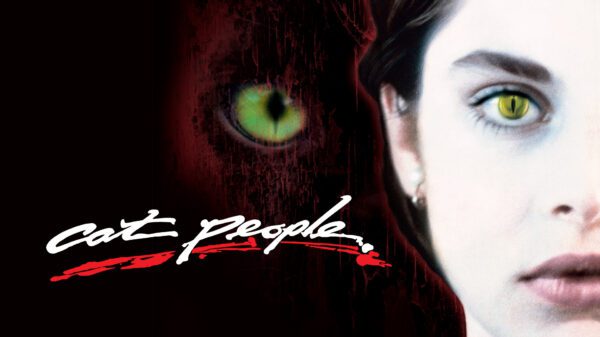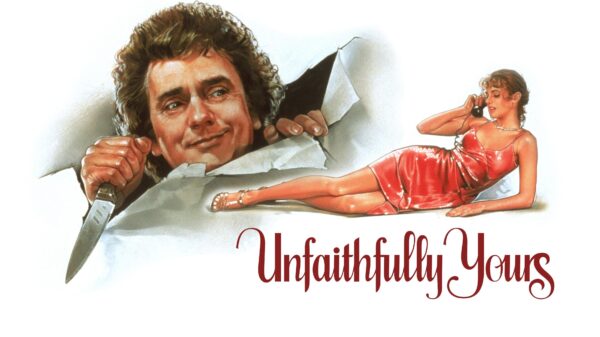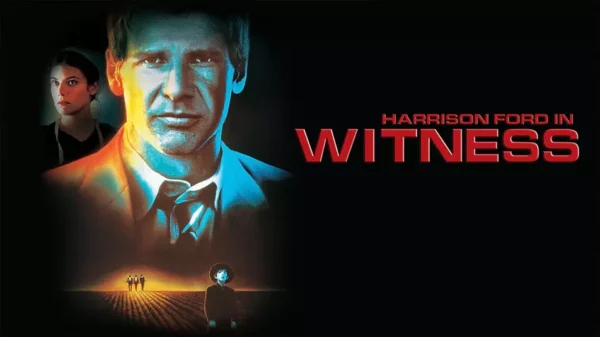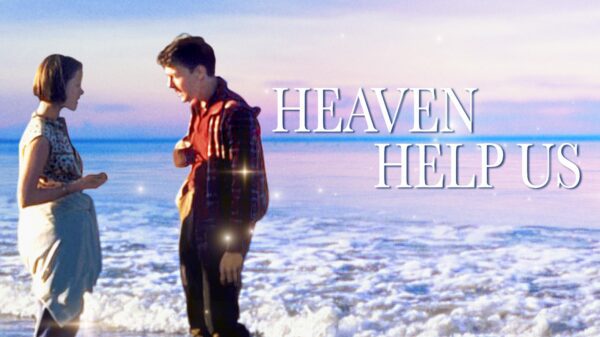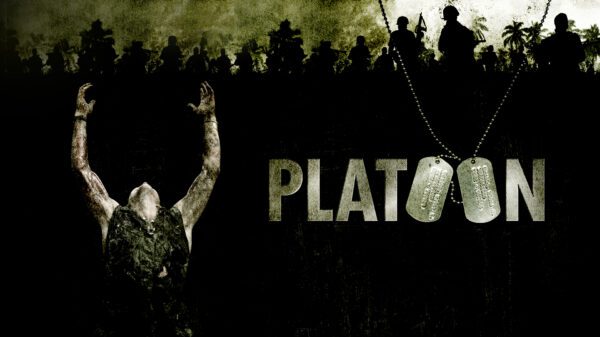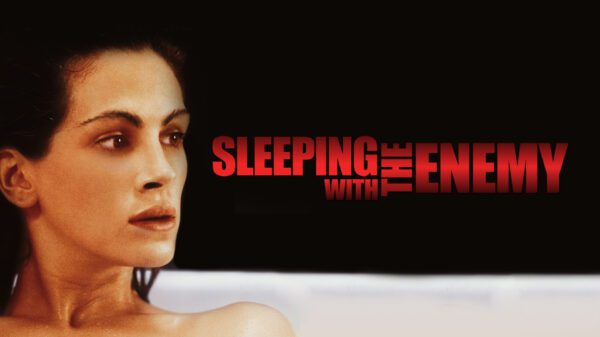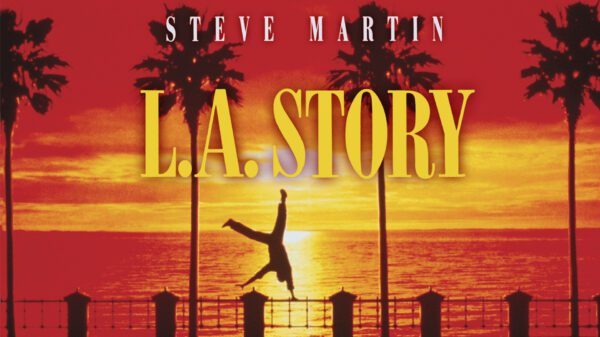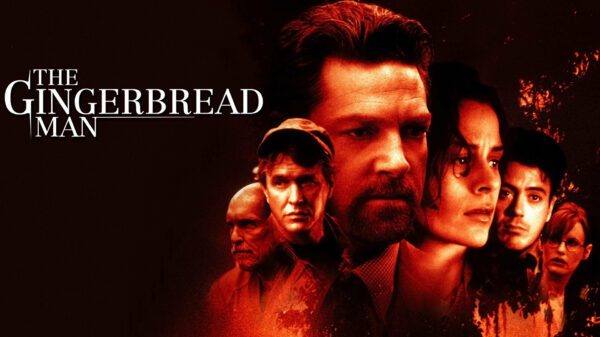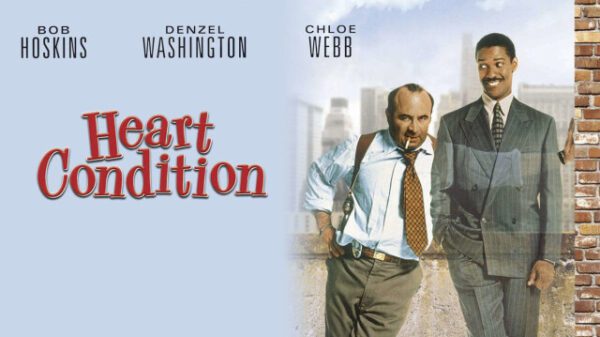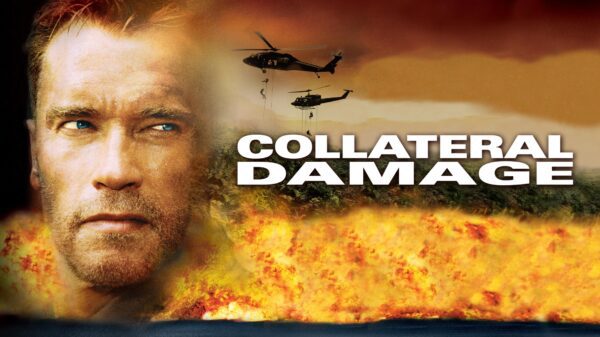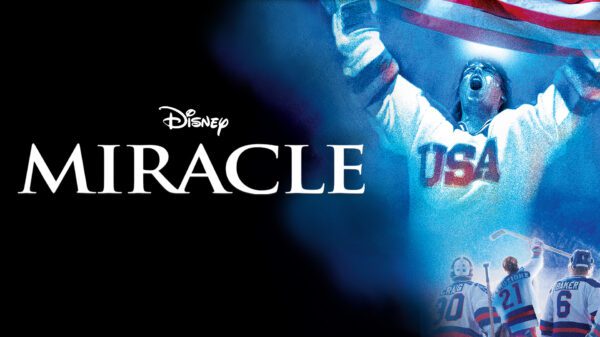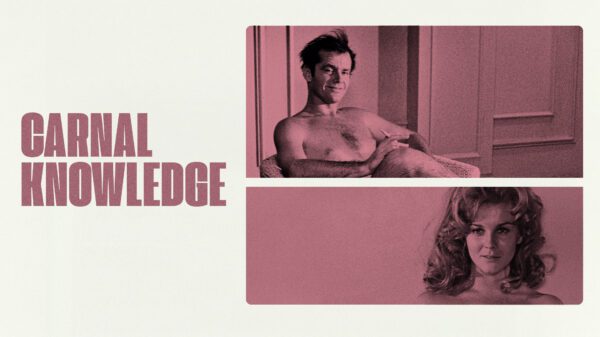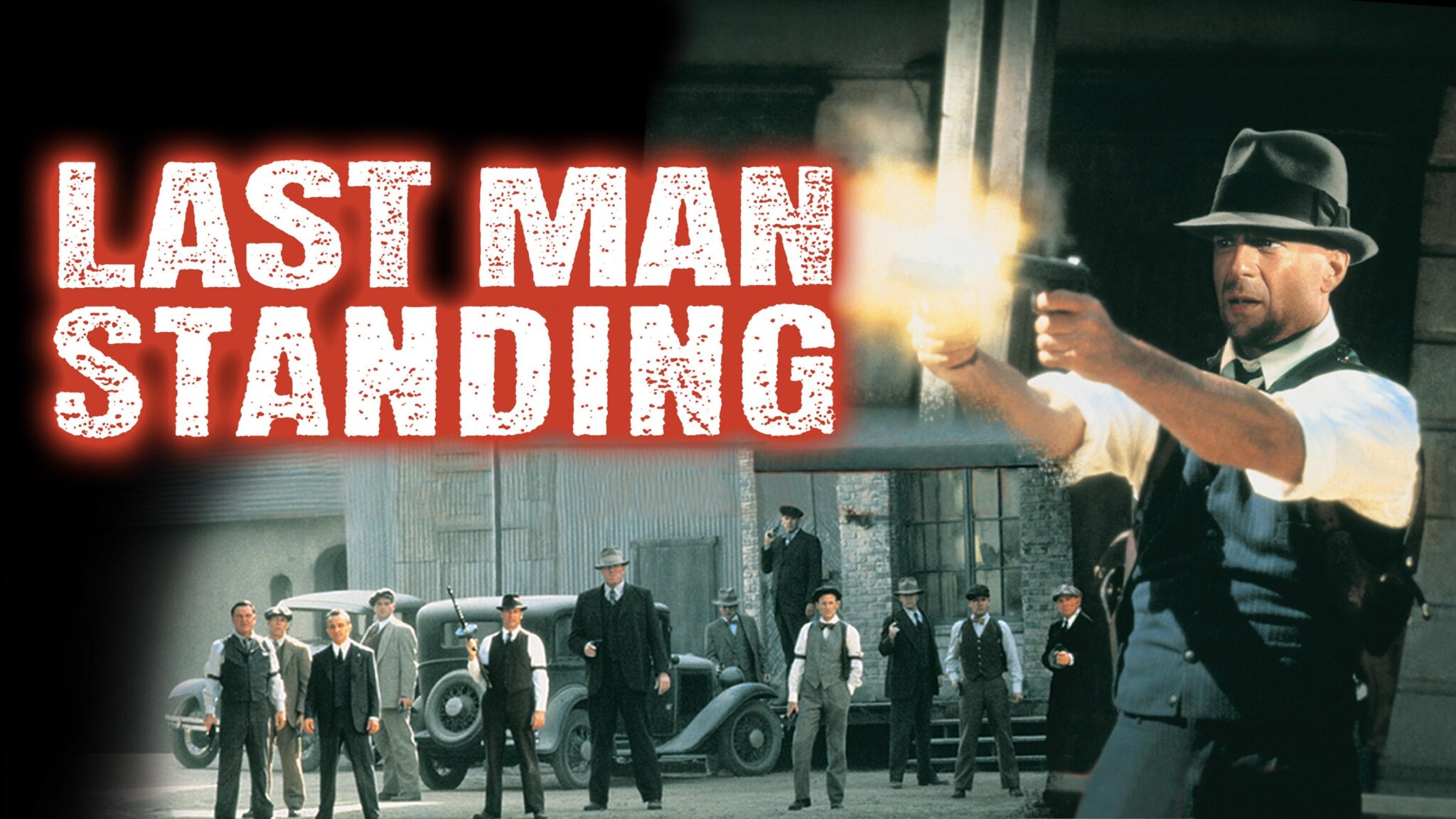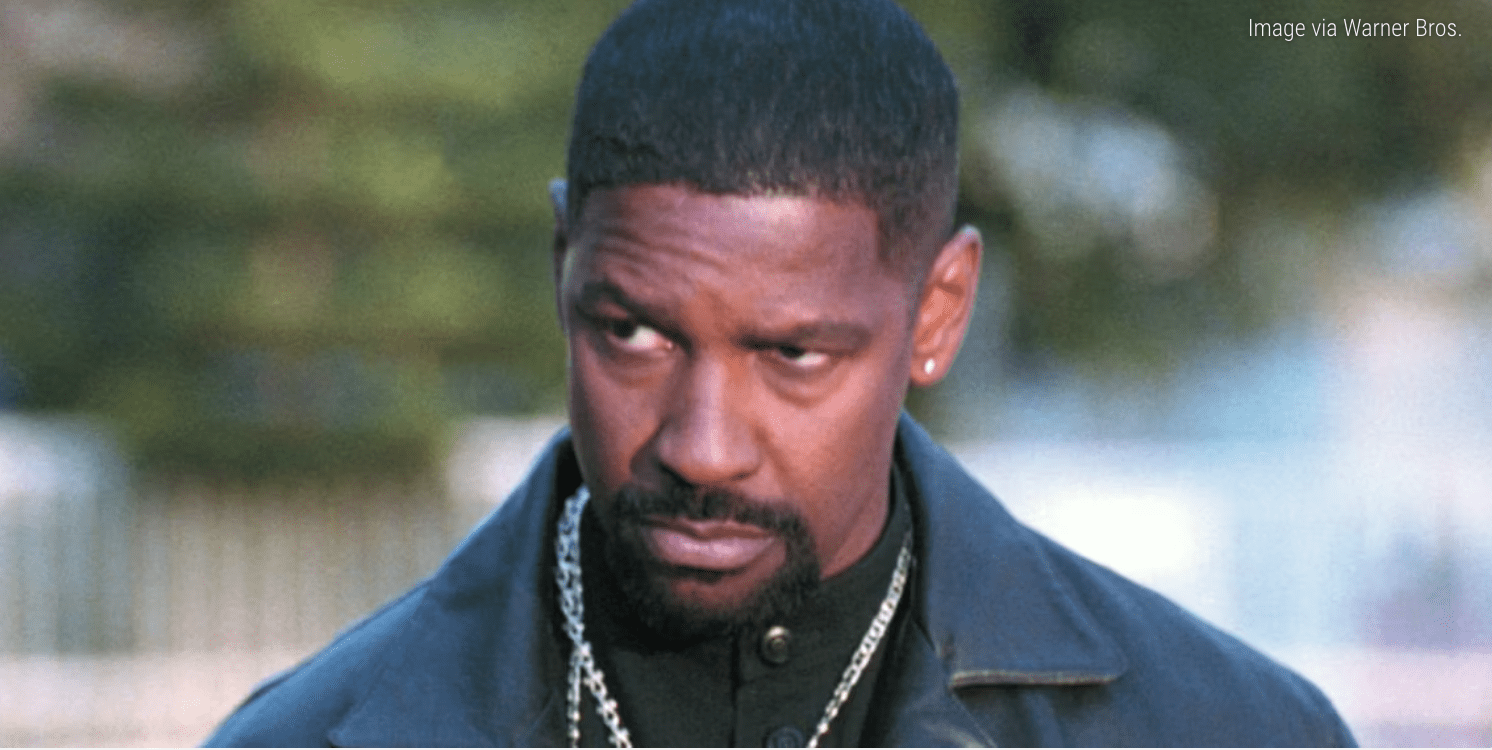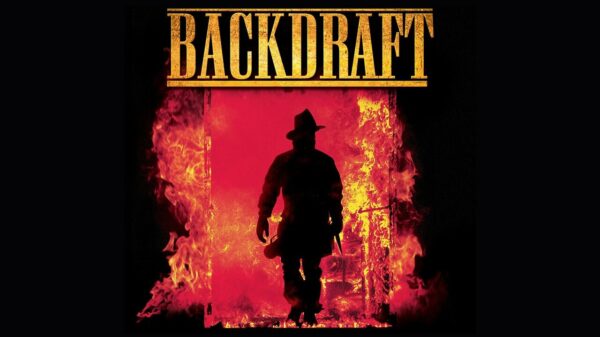Last Man Standing, released in theaters on September 20, 1996, is a stylish and violent gangster film that serves as a remake of Akira Kurosawa’s classic samurai film Yojimbo. Set in a desolate Prohibition-era Texas border town, the film is a masterclass in atmosphere and tension, with a plot that is as simple as it is effective. While it was not a box office smash, it has since gained a cult following for its stark visuals, brutal action, and Bruce Willis‘ stoic performance.
The plot follows a mysterious drifter, John Smith (Willis), who arrives in the dusty, deserted town of Jericho. He quickly discovers that the town is controlled by two rival bootlegging gangs: one led by the flamboyant and ruthless Doyle (David Patrick Kelly), and the other by the cold and sadistic Hickey (Christopher Walken).
With a detached and cynical demeanor, Smith decides to play both sides against each other for his own personal gain, offering his services as a hired gun to one side and then the other.
As the body count rises and the two factions spiral into an all-out war, Smith finds himself caught in the middle, his simple plan becoming increasingly complicated.
His only ally is the local Sheriff (Bruce Dern), who watches the chaos from a distance.
Karina Lombard, Alexandra Powers, Michael Imperioli, Patrick Kilpatrick and Leslie Mann round out the cast.
Walter Hill’s direction is marked by a focus on composition and a moody, desaturated color palette that gives the film a dreamlike, almost mythic quality. The action sequences are fast, brutal, and unflinching, earning its R rating.
The film was originally title Gundown.
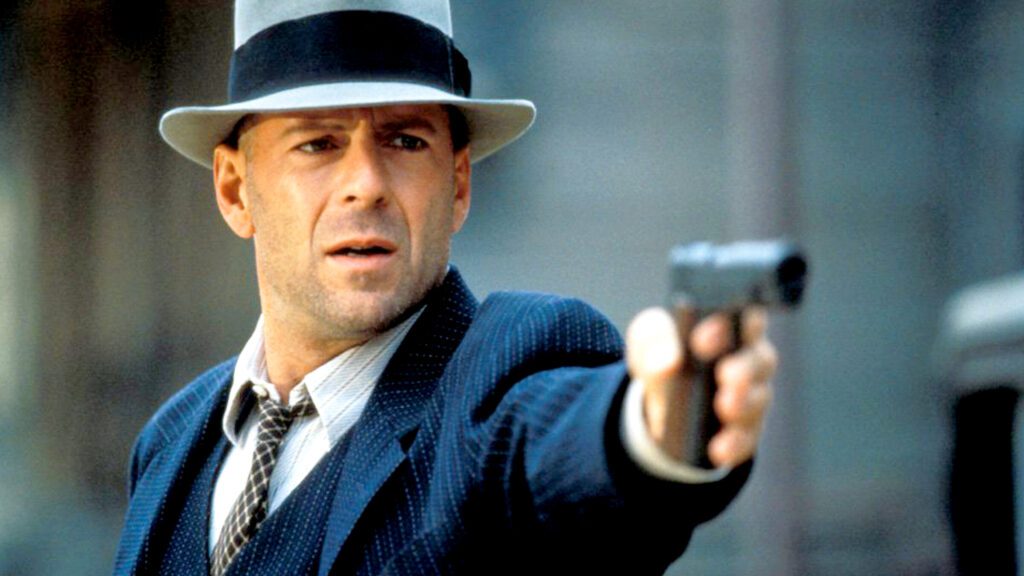
Bruce Willis in Last Man Standing (Photo/New Line Cinema)
Reception for Last Man Standing
Last Man Standing grossed $7 million on its opening weekend, finishing second at the box office behind The First Wives Club, which earned $18.9 million.
The film grossed $47.3 million worldwide.
Legacy
Last Man Standing’s legacy is defined by its bold, stylized direction and its clear homage to classic noir and Western genres.
While some critics at the time found the film to be too nihilistic and emotionally cold, its supporters praise its single-minded focus and its commitment to the genre. It’s a film for fans of pure, unadulterated genre filmmaking, and it stands as a testament to the enduring power of classic narratives reimagined for a modern audience.

